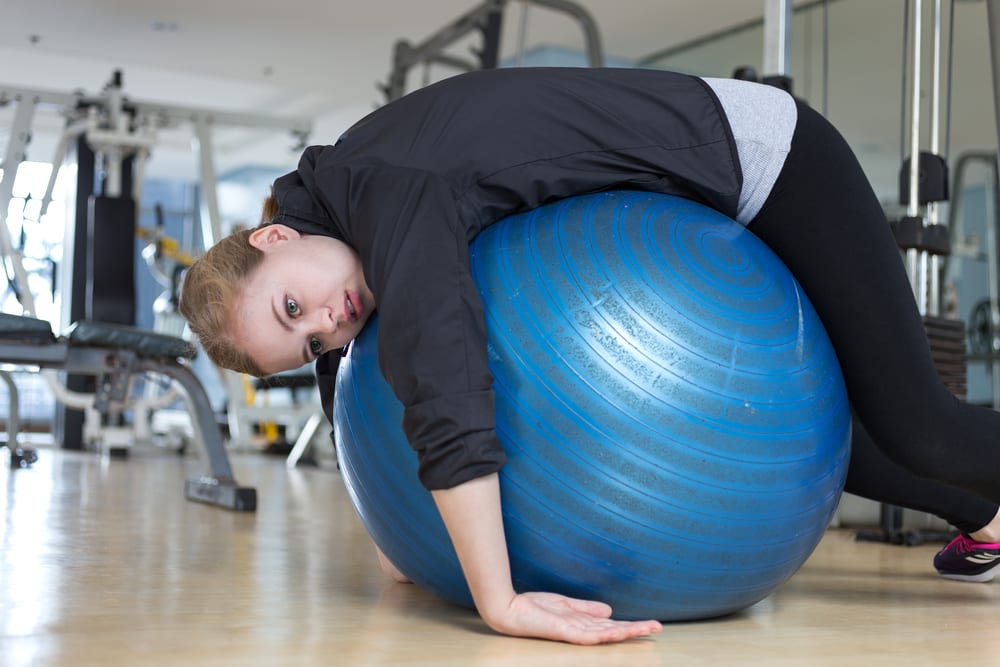What do you think happens if we train exactly the same way every single day? Will that prepare you for unexpected challenges during the race, competition, or even daily life tasks?
A lot of us have daily routines that structure our lives. It often starts by waking up with an alarm clock Monday – Friday at the same time, going to work, maybe engaging in training or hobby, eating, and sleeping; then repeating a similar sequence the next day. Good, regimented routines are helpful for us to stay productive and get the most out of the day. However, the same repeated stimuli over time bores our brains.

Our brain’s number one priority is survival. It processes and filters an amazing amount of information every second including sounds, smells, visual stimulus, joint position, temperature, etc. Our nervous system adapts to the stimuli we are exposed to. If we keep doing the same things, there is scarce opportunity for the brain to forge new neural pathways and learn. We feed our bodies different types of food to make sure we get all the essential nutrients, so why not feed our brain different kinds of movements and stimuli to be prepared to face ever evolving challenges in our environment? I bet you never took the same test twice in school, so why would you do the same exact workout twice?
From all of the tennis matches I have ever played competitively, no match was ever the same: different environment, opponents, patterns of play, minor surface changes, colors, sun, wind, temperature, my mental and physical state all varied. I am grateful for my parents and coaches who always included novelty in my training regimen to help me prepare for the match days. I understand that routines are great, but you can always make minor changes that will stimulate your brain to adapt. Your routine gives structure, from which you learn to improvise like learning a scale before playing jazz. In exercise, this could be changing up the sequence of exercises, adding minor additional challenges, moving in a different spatial environment, working out with different people, or maybe going on a walk on a different path than the one you always walk.
Novelty (original, unusual, new stimulus) encourages neuroplasticity, or brain’s ability to make new neural pathways in response to the stimulus. Exposure to novel stimuli can help you become more resilient and train your nervous system to be able to handle unexpected challenges and stressors during competitions or daily activities. It’s like expanding your comfort zone so that when you do miss a step going downstairs, or compete in front of the crowd of strangers, your brain says – “I got this” and you handle the situation with poise instead of panicking. Here at CHARM, we use both the Redcord® NEURAC and NeuFit methods which support the idea of exposing your body to new stimuli every session to help your brain make new neural pathways in order to rehab after injury, or take your athletic performance to the next level. Let’s maximize our body’s performance potential through our brain’s brilliant ability to learn.



